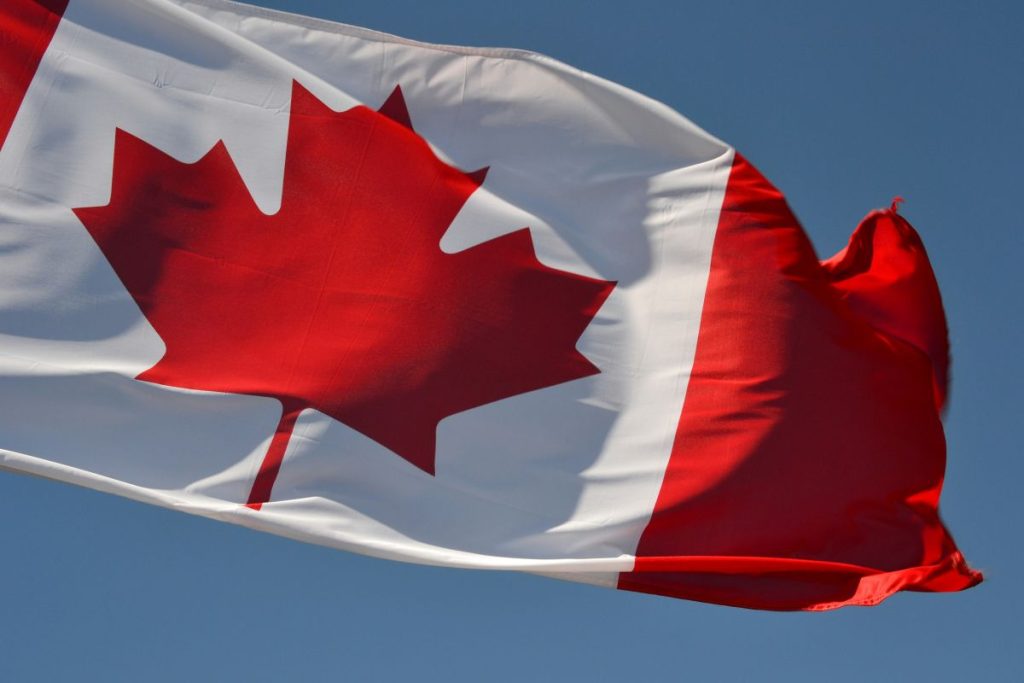Sweeping Trade Restrictions Hit U.S. Goods and Contracts
Ontario has announced immediate countermeasures in response to new U.S. tariffs on Canadian imports, including a 25% tariff across all sectors and a 10% duty on Canadian energy. The province has swiftly canceled its contract with Starlink, removed all U.S. alcoholic beverages from sale via the Liquor Control Board of Ontario (LCBO), and banned U.S. companies from bidding on government contracts. The decision, aimed at exerting economic pressure on the United States, signals a deepening trade rift.
Ontario Premier Doug Ford, reelected just days before the tariffs took effect, stated that the province had no choice but to respond. Further retaliatory measures could follow, including potential surcharges on critical minerals and power exports to the U.S. within weeks. Ford has also encouraged retailers to label Canadian and U.S. products clearly, warning that legislative action could follow if businesses fail to comply.
Energy and Auto Sectors in the Crossfire
The escalating trade dispute is expected to impact key industries, particularly the auto sector, which relies on integrated supply chains under the Canada-U.S.-Mexico trade agreement. Ford acknowledged that these measures could negatively affect Canadian consumers and workers but emphasized the need for a firm stance.
On a broader national level, Canada’s outgoing Prime Minister, Justin Trudeau, has imposed a 25% levy on C$30 billion ($20.65 billion) worth of U.S. imports, with additional tariffs on another C$125 billion in goods set to take effect within three weeks.
The potential for energy supply disruptions adds another layer of complexity. Canada remains the largest supplier of energy to the U.S., including crude oil, natural gas, electricity, and hydropower. While Ontario’s government cannot unilaterally cut off energy exports, Ford has signaled willingness to escalate economic pressure if necessary. Quebec Premier François Legault has also voiced support for retaliatory measures, particularly in the hydropower sector, with further details expected.
Trade War Fallout and Uncertain Outlook
As tensions rise, businesses on both sides of the border will need to navigate shifting policies, increased costs, and potential supply chain disruptions. With trade relations between the U.S. and Canada entering a volatile phase, companies may need to reassess sourcing strategies and risk management approaches in the face of prolonged uncertainty.







